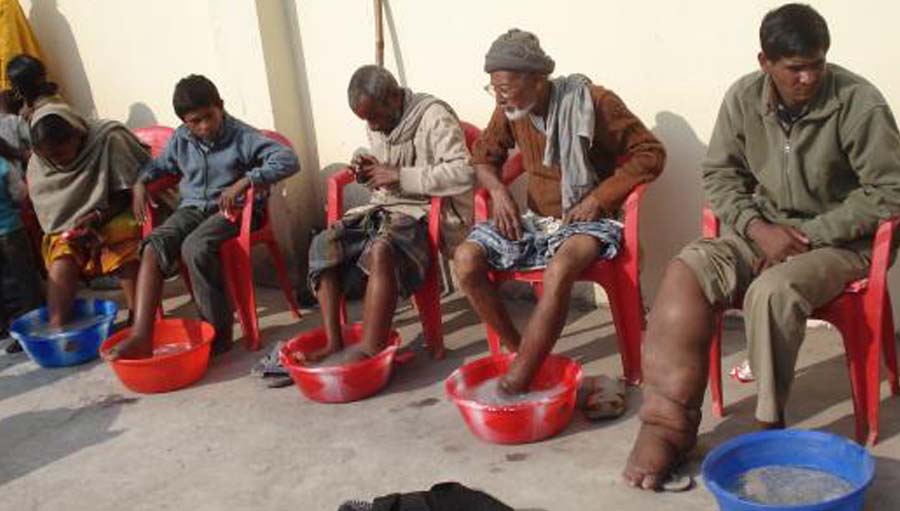Join the Leading Global Eye Health Alliance.
Membership-
Choose an alternate language here
 On July 24, 2018, governments, technology companies, researchers and charities convened in London for the first ever Global Disability Summit. The summit is part of the UK Government’s commitment to support approaches to tackle the discrimination and neglect faced by many of the 1 billion people living with a disability. It also follows the UK’s support to the control and elimination of neglected tropical diseases.
On July 24, 2018, governments, technology companies, researchers and charities convened in London for the first ever Global Disability Summit. The summit is part of the UK Government’s commitment to support approaches to tackle the discrimination and neglect faced by many of the 1 billion people living with a disability. It also follows the UK’s support to the control and elimination of neglected tropical diseases.
“People with disabilities may trachoma or schistosomiasis programmes may operate mass drug administration through schools. However, children with disabilities are often excluded from schools, and so will not receive the treatment. Or messaging find it more difficult to engage in NTD control programmes for a variety of reasons. For instance, about prevention of NTDs may be transmitted by radio, which will not reach people who can’t hear. Steps are therefore needed to ensure that NTD programmes are inclusive. This may require tackling physical barriers (e.g. ensuring treatment distribution points are accessible), providing communications in a range of formats (e.g. visual, radio), and including images of people with disabilities in campaign pictures to highlight that the programme is for everyone…
— Hannah Kuper, Director of the International Centre for Evidence in Disability at the London School of Hygiene and Tropical Medicine in London.
Full text here:
http://globalhealth.thelancet.com/2018/07/27/neglected-tropical-diseases-and-disability-what-link
Image courtesy: Lancet Global Health blog